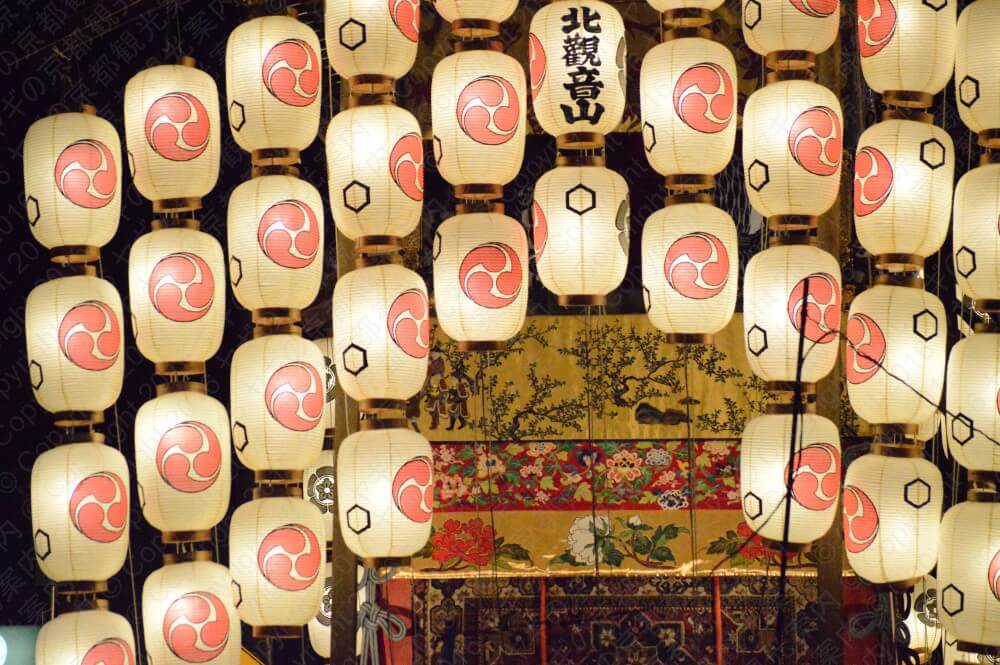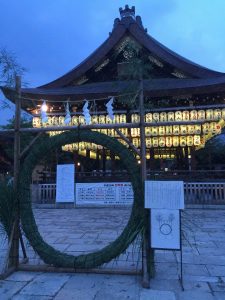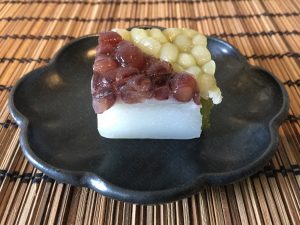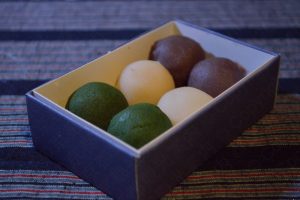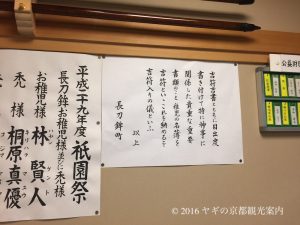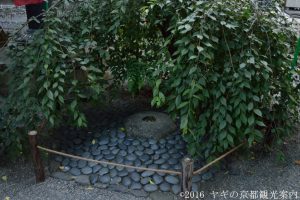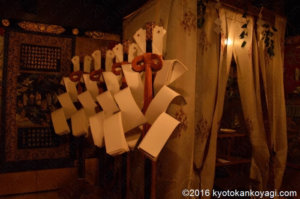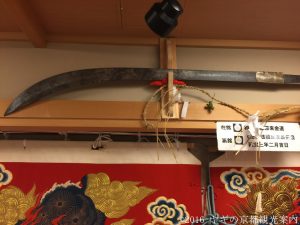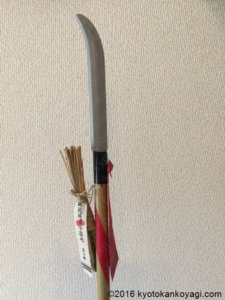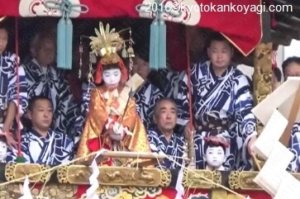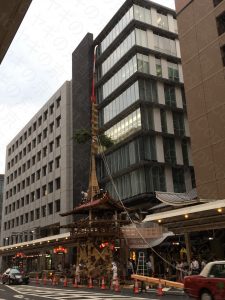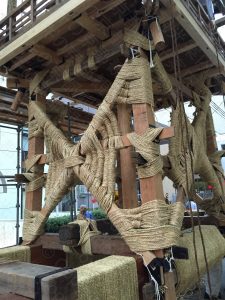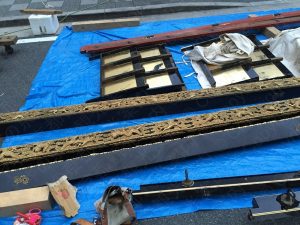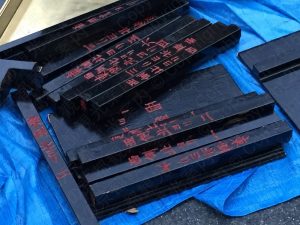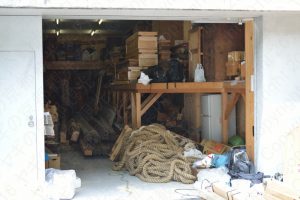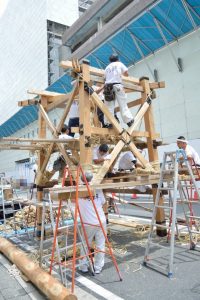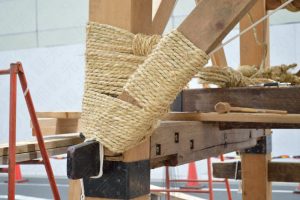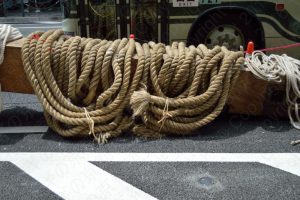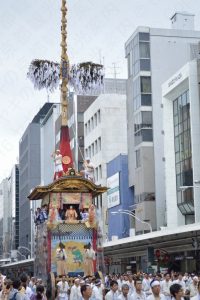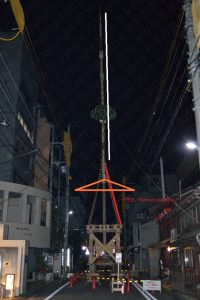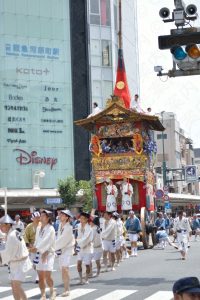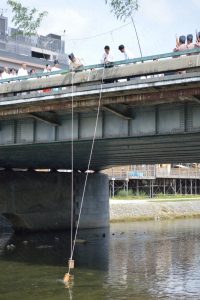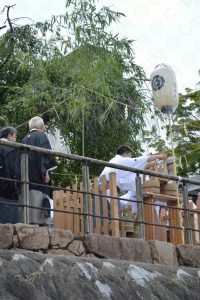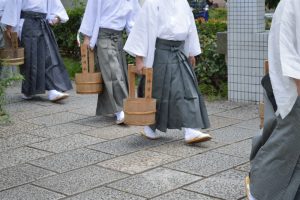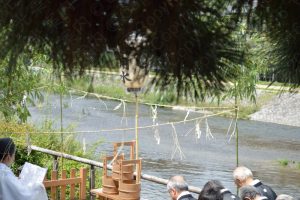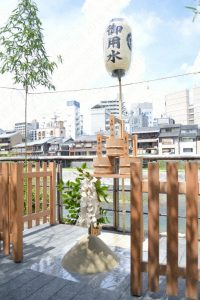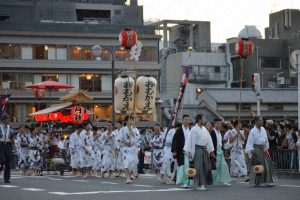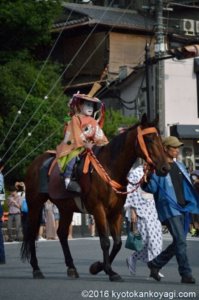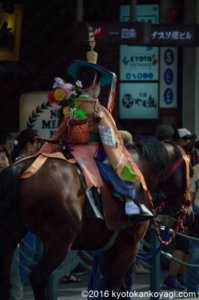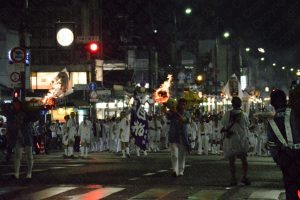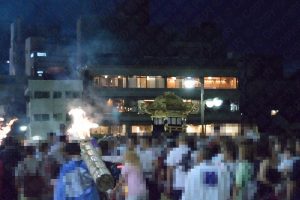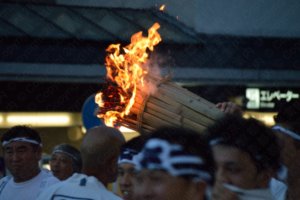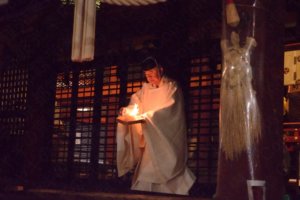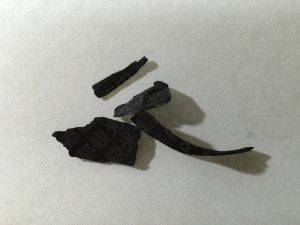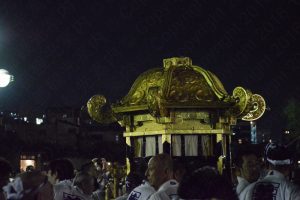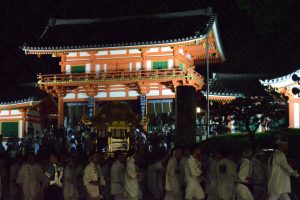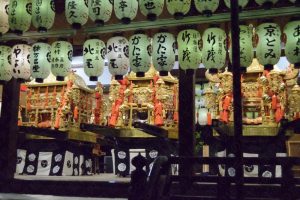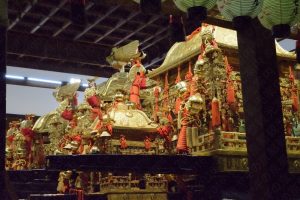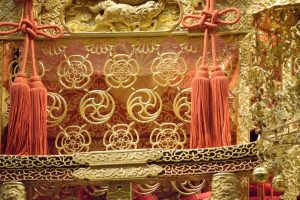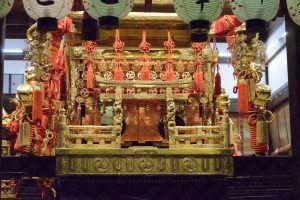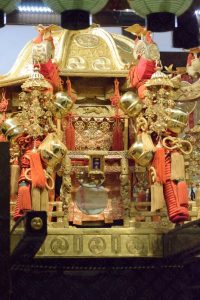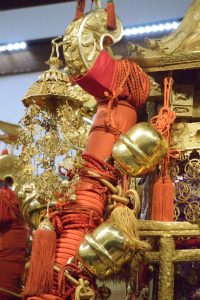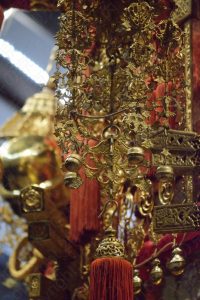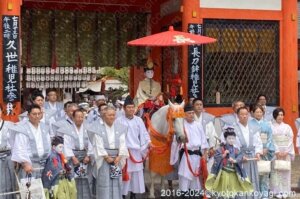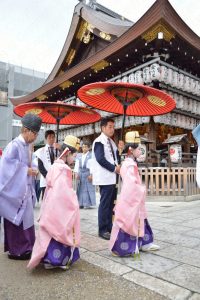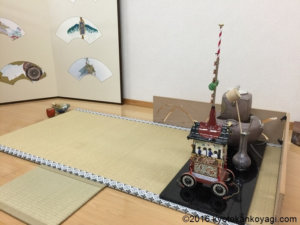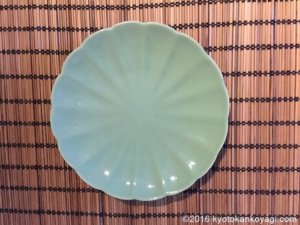THE GIST OF THIS ARTICLE
- Page 1 Introduction, Why Gion Matsuri celebrated?, Must sees 1: General
- Page 2 Must-sees 2: Shiji (rituals), Must-sees 3: De facot Shinji, Must-sees4: Kami Nigiwai
- Page 3 Breaking 2024, Schedule of 2024 (Yamahoko Parade, Hokotate, Kaisho, How to get to Gion Matsuri?
- Page 4 Gion Matsuri schedule 1
- Page 5 Gion Matsuri schedule 2
- Page 6 Gion Matsuri schedule 3
- Page 7 Mikoshis
- Page 8 Saki Matsuri Yamahoko floats 1: Naginata Hoko, Kanko Hoko, Kikusui Hoko, Tuski Hoko, Niwatori Hoko, Hoka Hoko
- Page 9 Saki Matsuri Yamahoko floats 2: Iwato Yama , Hune Hoko , Yamabushi Yama, Moso Yama, Taishi Yama, Kakkyo Yama, Hosho Yama
- Page 10 Saki Matsuri Yamahoko floats 3: Abura Tenjin Yama, Shijo Kasa Hoko, Toro Yama, Hakuga Yama ,Tokusa Yama, Arare Tenjin Yama
- Page 11 Saki Matsuri Yamahoko floats 4: Hakurakuten Yama, Ashikari Yama, Urade Yama, Ayagasa Hoko
- Page 12 Ato Matsuri Yamahoko floats 1: Kita Kannon Yama, Minami Kannon Yama, Hashi Benkei Yama, En no Gyojya Yama , Koi Yama, Hachiman Yama
- Page 13 Ato Matsuri Yamahoko floats 2: Suzuka Yama, Kuronushi Yama, Jyomo Yama, Ohune Hoko, Taka Yama
- Page 14 Breaking 2023
- Page 15 Braking 2022, 2021, 2020, Bibliography
The following is the contents of this article.
- The schedule of Gion Matsuri
- Nagoshi no harae (夏越の祓), 30th June
- The parade of commemorating the new Imperial era and 1150th anniversarry of Gion matsuri.
- Kipu-iri 吉符入, 1st July
- Naginataboko cho Osendo 長刀鉾町お千度, 1st of July
- Decision of the order of Yamahoko parade, 2nd July
- Yamanoko Rengokai visit Yasaka shrine 山鉾連合会社参 2nd of July
- Funeboko cho Shinmen Aratame 船鉾町神面改め 2nd of July
- The Chigomai performance of Naginataboko 長刀鉾町稚児舞披露 5th July
- Chigo of Ayagasaboko visit Yasaka shrine 綾傘鉾稚児社参 7th July
- Gion Sagimai dance performance 津和野に継承された祇園祭鷺舞神事の里帰りご奉納 6th and 7th of July
- Naginataboko Heisokukiri 長刀鉾幣切 10th July
- Nabibnatabokocho Haitai no Gi 長刀鉾町拝戴の儀 10the July
- Takahashi cho Shasan 高橋町社参 10th July
- Building Yamahokos, (鉾建て)10th July Strongly recommended
- Purification of water for rituals (神用水清祓式), 10th July
- Omukea Chochin, the Reception with paper lantern (お迎え提灯), 10th July Recommended
- Purification of portable shrine (神輿洗式), 10th July
- Building Yamahokos, (鉾建て) 11th July
- Hikizome, (曳初め) 12th July
- Iki-Chigos of Nginata boko pay a visit to Yasaka shrine. 13th July
- Kuze Komagata chigos pay a visit to Yasaka shrine. (久世駒形稚児社参) 13th July
- Kikusuiboko Chakai 菊水鉾茶会 13th~16th
The schedule of Gion Matsuri

Gion Matsuri consists of many rituals and events. It starts on 7/1 and ends 7/31. The schedule might change.
Nagoshi no harae (夏越の祓), 30th June
Chinowa Kuguri
Before Gion matsuri, we have “Nagoshi no harae (夏越の祓)” on 30th of June. It based on a ritual of imperial court held in June and November. We pass through a big wreath of “Chigaya” and let it take away anything evil within us.
Minatsuki (水無月)
Strongly recommended!
We eat “Minatsuki”, a Wagshi (Japanese traditinal confectionary) on 30th June. Many Wagashi parlor sell it only in June or July but we can have it at Fukueido 365 days a year.
I also recommend this “Dango” called “Gion no tsuki (The moon in Gion)” to you. You also have it there.
The parade of commemorating the new Imperial era and 1150th anniversarry of Gion matsuri.
As indicated before, 2019 marked 1st year of Reiwa, the new Japanese Imperial era and the 1150th anniversarry of Gion matsuri. The parade depart Yasaka shrine heading for the center of Kyoto city and Otabisho, where three Deities and Mikoshi stay.
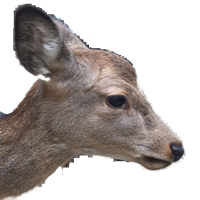
Only in 2019!
Kipu-iri 吉符入, 1st July
In Kaisyo, the headquarters of Yamahoko, Goshintai is prepared. Goshintai is an object to which Shinto Kami (a kind of God) descends. Every Yamahoko has Goshintai.
If a Yamahoko has Ohayasi, the Japanese traditional orchestra played in matsuri, the players start to practice it. (See video.This is the Ohayashi of Ofuna-hoko)
Naginataboko cho Osendo 長刀鉾町お千度, 1st of July
Osendo means “To visit shrine or themple and pray a thousand times.” On the day, Ikichigo and other people of Naginataboko vist Yasaka shrine and pray for a success of Gion matsuri. They pray in front of and at the back of the shrine marching around three times. In this way of pray is considered as a thousand times pray.
Decision of the order of Yamahoko parade, 2nd July
At 10:00 Kyoto Municipal office
Lottery decides the order of Yamaboko parade.
After Onin no Ran, the largest civil war in Japanese history devasted our country including Gion matsuri. Kyotoites have no idea how to decide to an order of the parade.
The custom started in 1500 to avoid conflict on the order of it.
It started at Rokkakudo temple because it worked as Kaisyo, a place people in neiborhood to gather to decide something.
Yamanoko Rengokai visit Yasaka shrine 山鉾連合会社参 2nd of July
The delegates of eacn Yamaboko visit Yasaka shrine and pray for a success of Gion matsuri,
11:30~ at Yasaka shrine.
Funeboko cho Shinmen Aratame 船鉾町神面改め 2nd of July
Goshintai is object to which Deity descend. Funaboko has four Goshintai statue. One of them is that of Empress Jingu.
She head for a battle field though she was pregnant. For the purpose of making a birth of her son late, she wapper her belly with cold stones in Sarashi towel. After a triamph, she gave birth to Hondawake no Mikoto, also known as Emperor Ojin.
On this episode, she has Goriyaku, a sacred power, for easy delivery. The statue has two masks. One is the authentic one which carried by a member of Ofuneboko, and the other is a replica the statue wears.
The authentic one is brought to the Imperial court to make birth of Emperor success.
The last time was some 170 years ago. It helped a birth of Emperor Meiji.
The Chigomai performance of Naginataboko 長刀鉾町稚児舞披露 5th July
Ikichigo of Naginataboko of the year appears in public and performs “Chigomai” dance at Kaisho. The footage is Chigomai in Yamanboko parade.
15:30~ Naginataboko Kaisho
Chigo of Ayagasaboko visit Yasaka shrine 綾傘鉾稚児社参 7th July
Chigo (means children in old Japanese language) of Ayakasaboko visit Yasaka shrine to pray a success of Gion matsuri. They walk with Ayakasanoko in the Ymaboko parade.
14:30~ at Yasaka shrine.
Gion Sagimai dance performance 津和野に継承された祇園祭鷺舞神事の里帰りご奉納 6th and 7th of July
In ancient times, Za, a kind of guild in Japan, served Yamaboko for Gion matsuri. One of them is called “Kasasagiboko (Yamaboko of heron).” It is believed that this Sagimai dance was belonged to the Yamaboko. It was ceased to exist in Gion matsuri due to Onin no Ran.
Fortunately, Gion-sha of Yamaguchi prefecture inheritated the dance bifore its extinction.
And Yasaka shrine of Tsuwano, Shimane prefecture learned it from Gion-sha.
The team of Sagimai in Shimane came to all the way to Kyoto to perform the dance to commemorate of the new Imperial era and the 1150th anniversary of Gion matsuri.
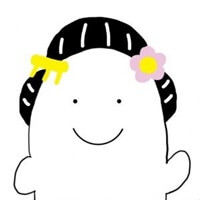
An artist developed Sagi mai into Sagi Odori dance in Omukae Chochin.
6th July: 15:00 and 16:00 at Yasaka shrine.
6th July: 11:00 and 12:00 at Yasaka shrine.

2019 only!
Naginataboko Heisokukiri 長刀鉾幣切 10th July
Priests of Yasaka shrine visit Naginataboko Kaisho and make Heisoku.
Heisoku is a peace of paper hanging on something sacred. The Heisoku in the photo is Ohei. (Not the ones of Naginataboko)
Nabibnatabokocho Haitai no Gi 長刀鉾町拝戴の儀 10the July
Naginataboko has Naginata, a kind of long sword, on its roof. The one in the photo is an authentic Naginata of Naginatabako. The one on the roof is an exact replica made of bamboo.
On the day, a man rubs backs of important members of Naginataboko with the authentic one to get rid of anything evil in them.

Replicas of the Naginata are available at Kaisho of Naginata Hoko.
Takahashi cho Shasan 高橋町社参 10th July
In Yamaboko parade, Ikichigo of Naginata boko cut off a rope makes “Kekkai” border with sword. Keikkai is an eclosed area separated form secular world.
Residents of Takahashicho visit Yasaka shrine to pray for a success of making the border.
Building Yamahokos, (鉾建て)10th July Strongly recommended
The construction of Hoko
They start to built Yamahokos of Sakimatsuri. The construction of Yamahokos are very simple. Builders put wooden pillars together with only ropes.This art is called nawagarami (縄絡み). NO nails are allowed. Only ropes are available.
These are parts of Niwatorihoko. Take a look at black wooden blocks. Red Kanjis are written on them. The Kanjis indicates where each blocks ought to be. These blocks make diagrams for construction. For example, the Kanjis on the block in the bottom of the picture indicate “On the north side of the east face (of Yamahoko), 6.”
The parts of Yamohoko are in the warehouse near the headquarters.
The construction workers building the Niwatori-hoko with ropes and wedges.
These are the pictures of Kikusui hoko. Hoko has long horn called “Shingi (真木)”. The white line in the second picture stands for it. It is so long and heavy that hoko has pillars called “Kamuro bashira” (禿柱, in red line in the picture) which hold Shingi.
On the other hand, some Yamas don’t have the Kamuro bashira. Kita kannnon yama resembles in appearance, but different in construction.
The ill-balanced construction make hokos swing when they march.
The following are the dates each Yamahoko-building starts
Purification of water for rituals (神用水清祓式), 10th July
Shinto priests of Yasaka shrine head for the river Kamo by way of Chugenji temple. On the Shijo bridge, they draw the water with traditional buckets. The water is called Shinyo-sui (Water for Kami) . Priests bring the water to the altar on the river bank and purify it with their prayers. In the evening, portable shrine is purified with it.
Shinto priests purify water to wash a Mikoshi. They draw water with bucket on the Shijo bridge. The water was put into small wooden tubs and the priests take anything evil from the water.
Omukea Chochin, the Reception with paper lantern (お迎え提灯), 10th July Recommended
What is Omukae Chochin?
About 350 persons march around the area of ancient Kyoto city and prepare for the portable shrines.
Umaosa 馬長
In ancient times, emprors and aristcrats enjoyed to see Gion Goryo-e with Umaosa.
Umaosa is a child on horse back. Before Yamaboko was invented, it is the most popular thing in Gion matsuri.
Sagimai dance performance 鷺舞(さぎまい)/鷺踊
As described before, an artist give birth to Sagimai as a developed form of Sagi Odori.
Purification of portable shrine (神輿洗式), 10th July
In 2022, Mikoshi Araishiki was held at Yasaka Shrine.
Mikoshi, a portable shrine heads for the Shijo bridge. Gion matsuri festival has 3 mikoshis and one of them, “Nakagoza” is purified on the Shijo bridge. It is purified there with the water the priests draw in the morning. After the torches, the portable shrine moves toward the bridge.
First of all, huge torches depart from Yasaka shrine. They make their way to Shijo bridge purifying the road where the portable shrine goes.
These torches are lit up with Okerabi (朮火). Okerabi is fire and is made on 28th of December every year at Yasaka shrine. The fire is kept burning in main hall of the shrine and used in many rituals.
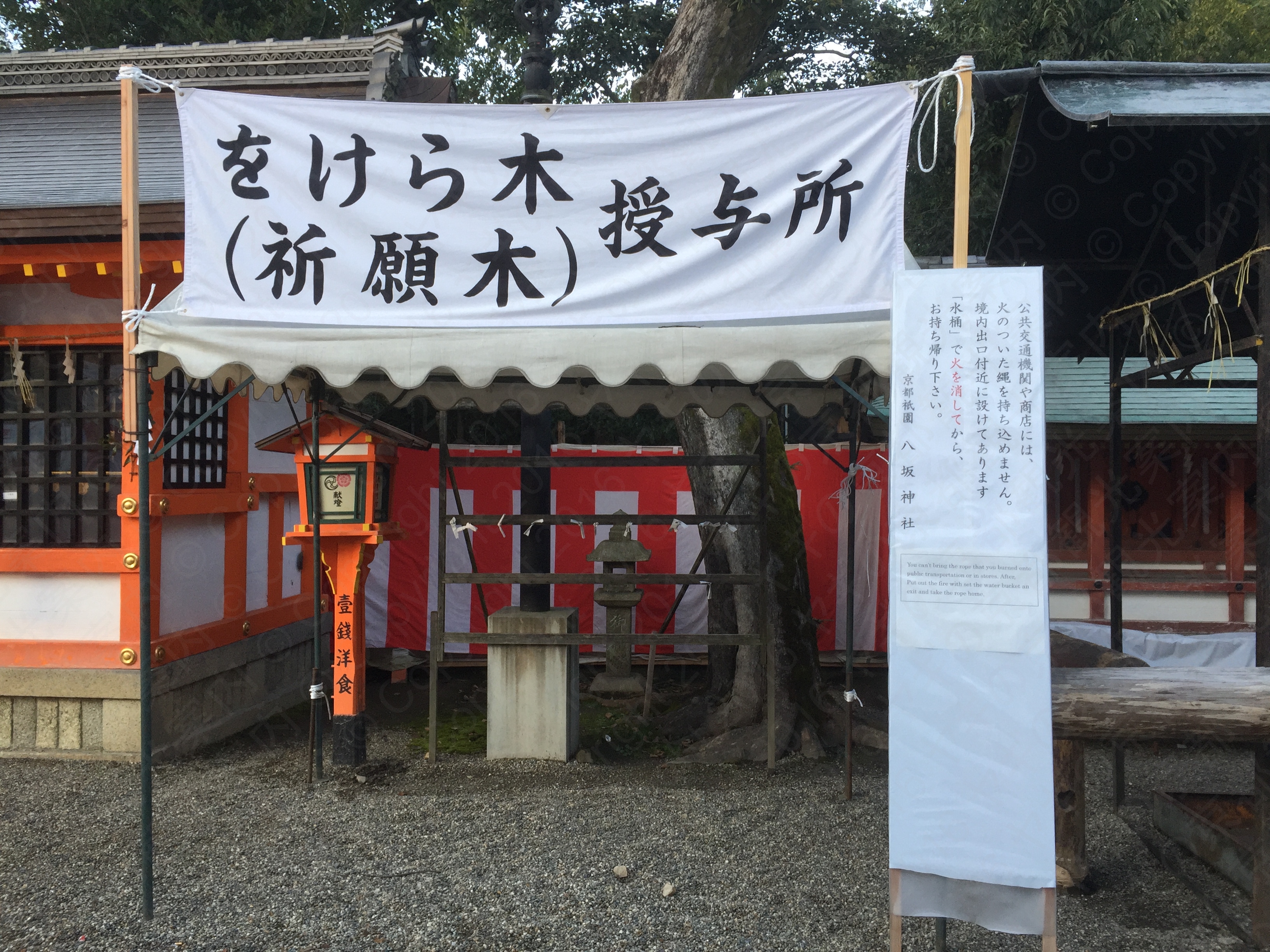
You may see the charcoal dropping from torches on the road. It saves you from bad luck.
The portable shrine was purified with the water on the bridge. Mikoshi is decorated with many ornaments but “Nakagoza” on this occasion doesn’t have them. It is very rare to see “raw” mikoshi.
After the purification, Nakagoza goes back to Yasaka shrine.
On the return to the shrine, Nakagoza was ornamented right now. We can see fully dressed Mikoshis at Yasaka shrine for a week.
Building Yamahokos, (鉾建て) 11th July
Building of Yama floats starts.
| Saki Matsuri 前祭 | |
| 10th | Naginata Hoko長刀鉾 |
| Kanko Hoko函谷鉾 | |
| Niwatori Hoko鶏鉾 | |
| Kikusui Hoko菊水鉾 | |
| Tsuki Hoko月鉾 | |
| 11th | Fune Hoko船鉾 |
| Hoka Hoko放下鉾 | |
| Iwato Yama岩戸山 | |
| 12th | Hosho Yama保昌山 |
| Hakuga Yama伯牙山 | |
| 13th | Ashikari Yama芦刈山 |
| Urade Yama占出山 | |
| Yamabushi Yama山伏山 | |
| Arare Tenjin Yama霰天神山 | |
| Kakkyo Yama郭巨山 | |
| Hakuga Yama伯牙山 | |
| Ashikari Yama芦刈山 | |
| Abura Tenjin Yama油天神山 | |
| Tokusa Yama木賊山 | |
| Taishi Yama太子山 | |
| Hakurakuten Yama白楽天山 | |
| Ayagasa Hoko綾傘鉾 | |
| Toro Yama蟷螂山 | |
| 14th | Moso Yama孟宗山 |
| Shijo Kasahoko四条傘鉾 | |
Hikizome, (曳初め) 12th July
After the Yamahoko-building, they have test-runs. On this occasion, anyone can trail Yamohokos. (I trailed Kikusui-hoko and Naginata-hoko actually!)
Iki-Chigos of Nginata boko pay a visit to Yasaka shrine. 13th July
Iki-Chigo (生稚児) is a boy considered and treated as a messenger of Kami (The center of the boys in the picture above.The boys of the both sides are kamuros.) He ride on the Naginatahoko on the day of Yamaboko float parade. On the day, there is a rope which divides sacred and secular world. He cut off the rope and the parade starts.
In the days of old, many Hokos have Chigo but only Nginataboko has Chigo these days. Other Hokos have Chigo figurine instead.
This visit is called Okrai morai because the shrine give him the same ranking as the feudal road.
Kuze Komagata chigos pay a visit to Yasaka shrine. (久世駒形稚児社参) 13th July
We have another Chigos. These boys called Kuze-Komagata chigo (久世駒形稚児). On the day of Mikoshi parade. They are treated as Kami himeself because they has Goshintai (An object which Kami descends to ) of Ayato Kuninaka shirine (綾戸國中神社).
Kikusuiboko Chakai 菊水鉾茶会 13th~16th
From 13th-16th, tea parties are held at Kikusuiboko Kaisyo. We can have a plate on which Wagashi is.

